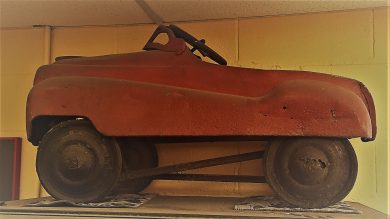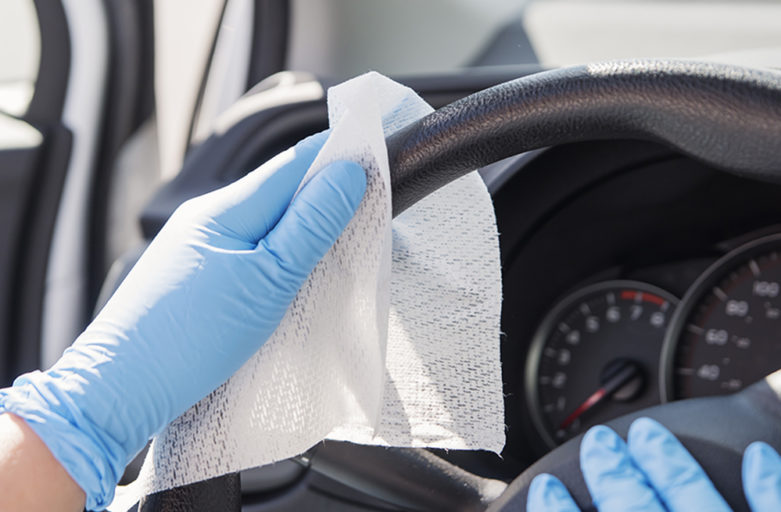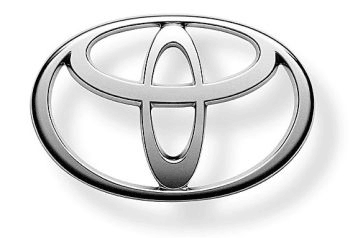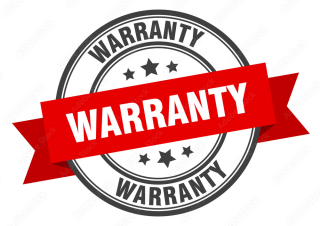
“Extended warranties.” “Monthly service plans.” “Repair insurance.” Should you buy some sort of warranty plan to help cover eventual repair costs on your car?
These warranties may be offered by dealers when you buy a car, or they might be offered by independent companies like CarShield or Endurance.
Our customers at lowell’s frequently ask us whether such warranty plans are worth it.
With a few specific exceptions, we think warranty plans are a waste of your money. Here’s why:
Insurance companies are like casinos: The house always wins
Warranties are a form of insurance, and insurance companies are structured like casinos. Like a casino, they’re betting that they will never pay out what you pay in for the warranty. They rig the warranty ‘game’ in their favor to help protect their profit. Based on our experience dealing with a variety of insurance companies, here’s how they rig warranties:
- Friction. At every turn, warranty companies throw hassle and delay into the process of collecting on your claim. Long customer service wait times. Obscure phone mail menus. Unresponsive representatives. Multi-step, multi-day approval processes. By prolonging and overcomplicating the process, they hope that customers will simply give up before they ever have to pay.
- Coverage. Warranty companies often severely limit what repairs they will actually cover. For example, they might promise to cover ‘powertrain’ repairs for the engine and transmission. But then they bury loads of exclusions – emissions, exhaust, steering, suspension, electrical components, brakes, etc. – in the fine print. And then, they classify most of the things which regularly go wrong as falling into those excluded categories.
- Quality. When they will cover a repair, warranty companies often challenge our shop’s part recommendations. When we give them a repair estimate, they will often only pay for cheaper, lower-grade parts. As a shop that prides itself on providing durable, quality repairs, this second-guessing degrades the premium service our customers have come to expect out of lowell’s.
By installing barriers, limiting what they will cover, and sacrificing quality, warranty companies maximize their profit. And they are extremely profitable. That’s how they can afford to run non-stop nationwide television and radio ads featuring minor celebrities. At most dealers, warranty and financing activities generate more profit than they get from selling cars. (The dealer’s service department also generates more profit than it gets from selling cars. Cars account for the vast majority of overall dealer sales, but the profits on car sales are very slim.)
In their ads, the companies scare prospects with big-ticket repairs that rarely fail (like engines and transmissions). But they don’t tell you that they won’t cover the stuff that most often breaks down.
While our experience is with automotive repair warranties, we think that the same critiques apply to many home warranty plans, like large appliance warranties and HVAC system maintenance plans.
These companies are in the business of making sure you don’t get your money’s worth out of a warranty.
When does insurance make sense?
Insurance makes the most sense when you face a potentially catastrophic risk. We carry auto, health, life, and homeowner’s (or renter’s) insurance because we need to hedge against really awful (and costly) possibilities – a severe illness, a crash, a fire, or a death. (And often we carry that insurance because we are legally required to do so.)
Automotive repair warranties may make sense if there is no other safety net for your vehicle. If, for instance, driving your vehicle is central to your job, or if there is no feasible emergency option to get where you need to go, then you might reasonably consider a warranty.
::
Instead of purchasing an auto repair warranty, we’d recommend that you save that money in some sort of rainy day fund (where it might also accumulate some interest!). Then, you can maintain full control over those funds without a warranty company trying to restrict your access to your money.


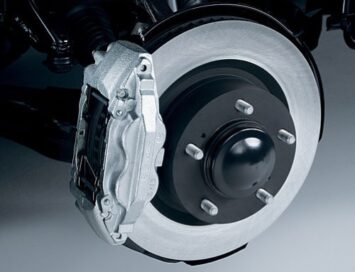 Flash rust occurs when tiny rust particles form on your brake rotors. The rust particles form in small pits or grooves in your rotor. The first few times you use your brakes, they make a terrible racket as the brake pads rub against the rust. After a while, the friction from your braking rubs the rust particles away. With your pads once again meeting clean metal, the terrible racket stops.
Flash rust occurs when tiny rust particles form on your brake rotors. The rust particles form in small pits or grooves in your rotor. The first few times you use your brakes, they make a terrible racket as the brake pads rub against the rust. After a while, the friction from your braking rubs the rust particles away. With your pads once again meeting clean metal, the terrible racket stops.
